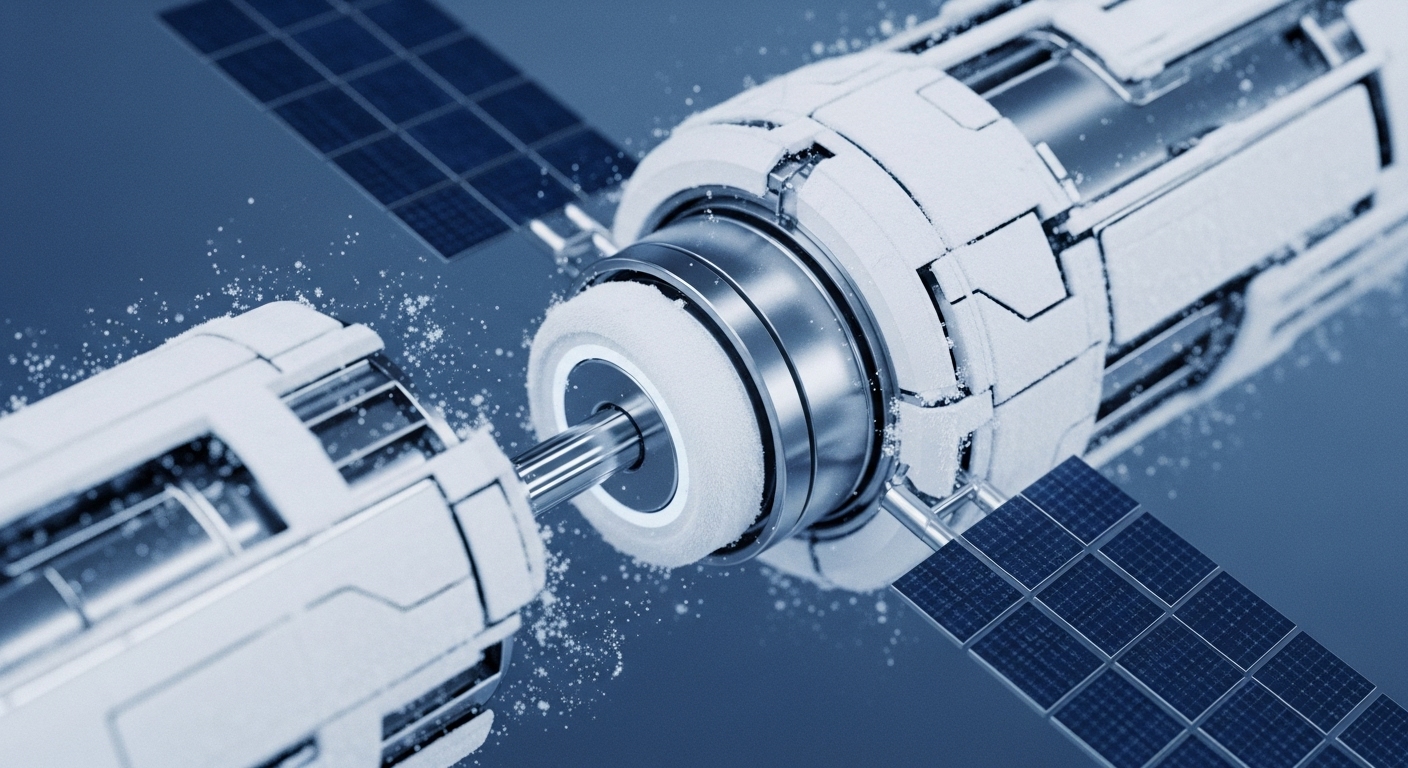Ethereum Transaction Costs Plummet as Network Scales Responsibly


Ethereum's recent upgrades to its block gas limit are making transactions cheaper and faster, signaling a new era of network efficiency and affordability.
